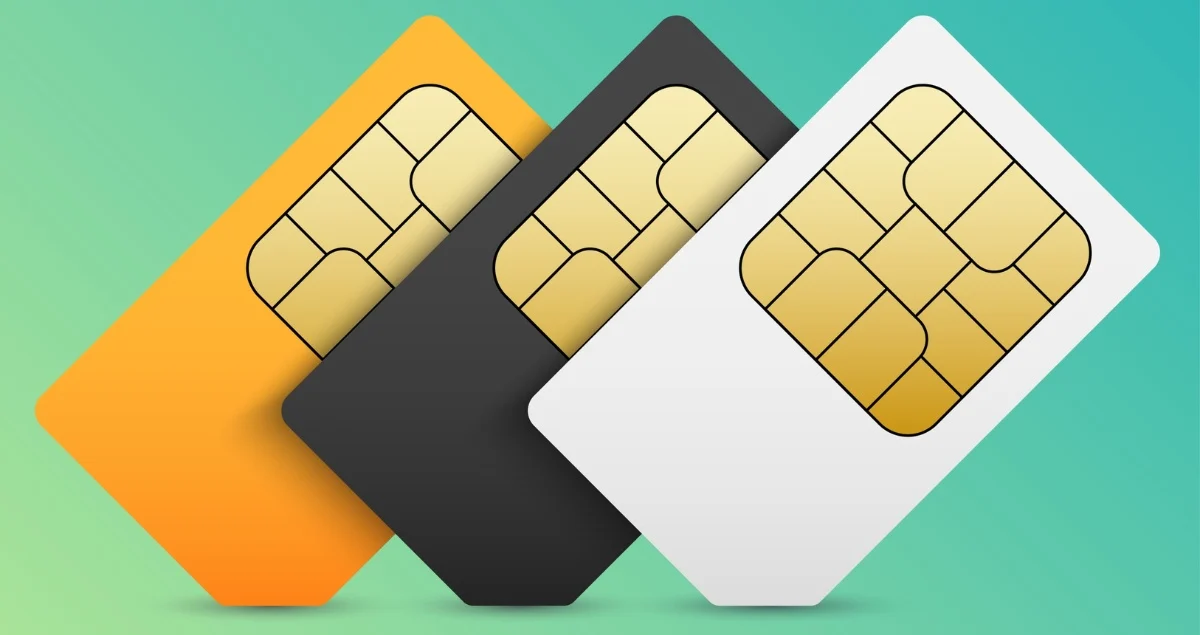When it comes to connecting devices in today’s IoT world, the first big question many businesses face is: IoT SIM card, Wi-Fi, or Bluetooth—which one should I use? Each has its own advantages, but if you want reliability, global coverage, and scalability, IoT SIM cards often come out on top. Let’s break it down.
1. IoT SIM Cards
IoT SIM cards, also known as M2M SIMs, are designed specifically for connecting devices over mobile networks. Unlike the SIM in your phone, IoT SIMs are built to handle machine-to-machine communication, remote management, and secure connections.
Why IoT SIM cards are special:
- Global coverage: Works anywhere 2G, 3G, 4G, or 5G is available
- Always-on connectivity: Keeps your devices online 24/7
- Secure connections: Supports private APN and VPN
- Flexible plans: Pay-as-you-go or subscription plans based on usage
IoT SIM cards are perfect for devices that need to be reliable, mobile, or deployed in multiple locations, like GPS trackers, smart meters, and outdoor cameras.
2. Wi-Fi
Wi-Fi is extremely common and easy to deploy indoors. Many IoT devices rely on Wi-Fi for fast, high-volume data transfer.
Advantages of Wi-Fi:
- High-speed connectivity
- No mobile data fees
- Easy integration with existing networks
Limitations:
- Limited range—devices must be within router coverage
- Not suitable for outdoor or mobile deployments
- Congestion may slow down connectivity
Wi-Fi works best for smart home devices, office automation, and indoor factory sensors.
3. Bluetooth
Bluetooth, particularly Bluetooth Low Energy (BLE), is ideal for short-range, low-power communication. It’s widely used in wearables, sensors, and devices that sync to a smartphone or gateway.
Advantages of Bluetooth:
- Ultra-low power consumption
- Cost-effective and easy to implement
- Good for local device-to-device communication
Limitations:
- Very short range (usually under 100 meters)
- Not suitable for continuous internet connection
- Limited bandwidth for large data transfers
Bluetooth shines in personal area networks, such as fitness trackers, smart rings, and localized sensors.
4. Why IoT SIM Cards Outperform Wi-Fi and Bluetooth
While Wi-Fi and Bluetooth are great in certain scenarios, IoT SIM cards stand out for:
- Mobility: Devices can move anywhere and stay connected
- Global Reach: No dependence on local networks
- Security: Private APN and VPN ensure data safety
- Scalability: Manage hundreds or thousands of devices from a central platform
- Reliability: Less downtime compared to Wi-Fi and Bluetooth
In short, if your devices are outdoors, mobile, or deployed at scale, IoT SIM cards are often the better choice.
5. How to Choose the Right IoT SIM Card
When selecting an IoT SIM provider, consider:
- Network coverage: Make sure they support regions where your devices operate
- Data plans: Choose plans that match your device usage—pay-as-you-go or pooled data
- Security features: Private APN, VPN, and encryption are critical
- Management platform: A good provider offers dashboards for monitoring and controlling devices
- Customer support: Quick technical support is essential for enterprise IoT deployments
6. Zhongyi IoT Provides Comprehensive IoT Connectivity Solutions
At Zhongyi IoT, we specialize in IoT SIM cards and M2M communication solutions for businesses of all sizes. Our services include:
- Global IoT connectivity: Reliable network coverage across multiple countries
- Flexible data plans: Tailored for your business needs
- Secure communication: Private APN and VPN solutions
- Device management platforms: Monitor and manage all your devices in one place
- Expert support: Dedicated customer service to help you deploy IoT projects smoothly
Whether you are building a fleet tracking system, smart meters, or remote monitoring devices, Zhongyi IoT provides the backbone for your connected devices.
Conclusion
Choosing the right connectivity solution for your IoT devices is crucial.
- IoT SIM cards: Best for mobility, reliability, and large-scale deployments
- Wi-Fi: Best for indoor, high-speed applications
- Bluetooth: Best for low-power, short-range devices
For enterprises looking for global, secure, and scalable IoT solutions, IoT SIM cards are the clear winner. Partnering with Zhongyi IoT ensures your devices stay connected anytime, anywhere, with peace of mind.



